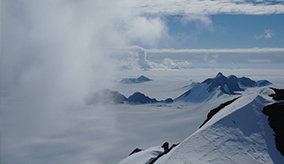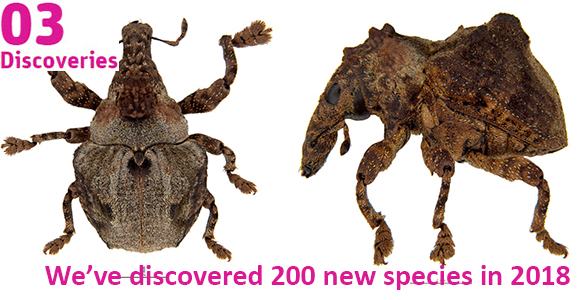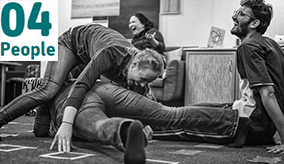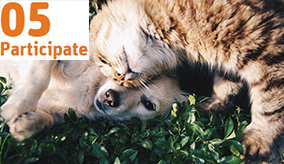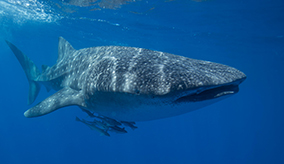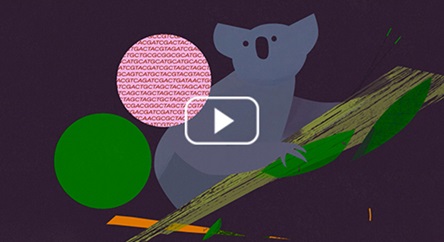Keeping rust at bay
We are looking for a scientist with experience in cereal rust diseases with broader expertise in other fungal diseases. You will join CSIRO’s Agriculture and Food Rust Resistance group which carries out both basic research into cereal rust disease biology and in translating this to high industry impact through its development and release of a suite of molecular markers to the Australian and global wheat breeding industry. Based in Canberra.
Healthy position
Do you have a doctorate in statistics, applied mathematics, operations research, engineering, machine learning, data science, implementation research or health economics? Based in either Melbourne, Brisbane, Sydney or Perth, you will be part of the Health Data Analytics research team which does quantitative and qualitative research in areas such as hospital efficiencies, treatment effectiveness, risk prediction, workforce planning and implementation evaluations of new care models.



